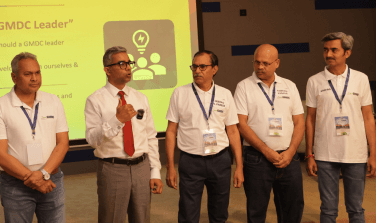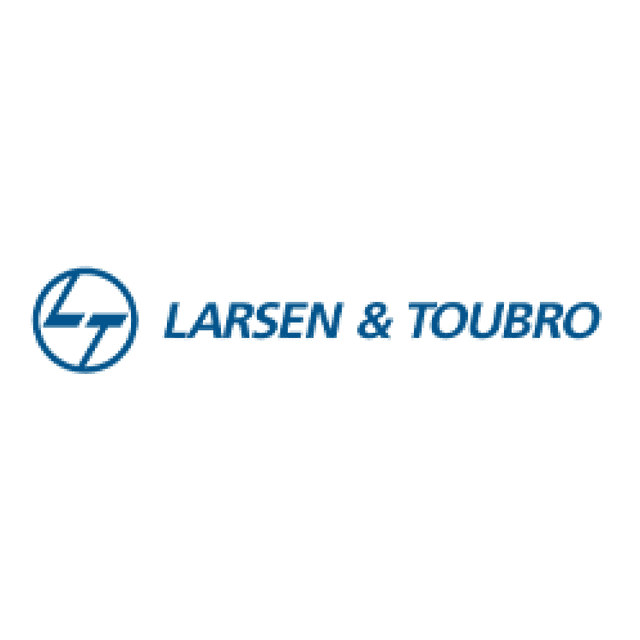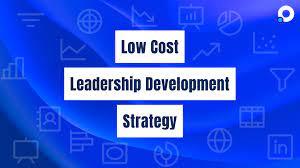Strong leaders cultivate accountable employees. They foster ownership at the workplace in such a manner that it encourages greater employee engagement. Employees directly impact the outcome of professional situations. Their actions are consequential to the company’s performance. Hence, it is to be concluded that for prime performance by a company, there has to be a firm culture of ownership and accountability at the company.
The culture of ownership and accountability inspires self-reliance and confidence. Motivating such a culture at the workplace, where the employees are empowered to have the freedom to make befitting decisions, and the confidence to take ownership is the most important characteristic of a successful working environment.
The culture of ownership and accountability is where the employees believe themselves as a substantial part of the company's performance and accomplishments. It creates a working environment where their actions are guided not by the rules, but by their conscious.
Three critical barriers to ownership are shared below.Limited discretionary effort
Discretionary effort is the maximum level of effort that the employees could put into a task if they wanted to. It is above and beyond the usual minimum level of effort. Hence, if the employee offers next to no discretionary effort, they wouldn't take the extra effort to better their work. This would leave the organisation with mediocre work and employees with no sense of ownership. Lack of ownership reduces discretionary effort. Increase in ownership increases discretionary efforts as well as voluntarism.Culture of Entitlement
The culture of entitlement is where certain employees believe themselves to be worthy of certain unreasonable privileges. This belief is on the assumption that the current success of the company is the product of the work done by the current employees. Additionally, it creates a culture of blame and comparison instead of a healthy problem solving one. It reduces the standard of the organisation by lowering motivation and productivity.Indian work culture
The major elements of Indian work culture includes implicit way of communication and high power distance. As per anthropologist Edward Hall, implicit communication occurs more often in high context cultures. In such cultures, many things are left unsaid and are assumed. India, as well as much of Asia, is a high context culture. Europe and USA are low context cultures.High power distance refers to the extent to which the less powerful members of organizations accept and expect that power is distributed unequally. As a result of implicit communication and high power distance, where there are multiple stakeholders present, there is a lower sense of ownership.
Employees take ownership when they believe that taking action is no one else's work by theirs. When employees take ownership of their work, they handle the work, the business as their own. They are more driven and work harder. This helps the company to move forward at a faster pace and reach new levels.
Originbluy helps organisations build the culture of ownership and accountability. This is done by building up the drivers and breaking down the barriers of ownership and accountability.
Originbluy helps build skills of executive presence systemically. To know more it, call us at +91 98190 48886 or eMail us at vivekslaria@originbluy.com



























